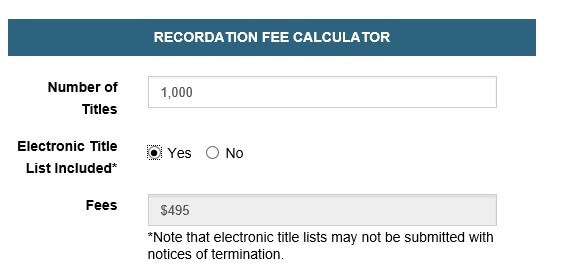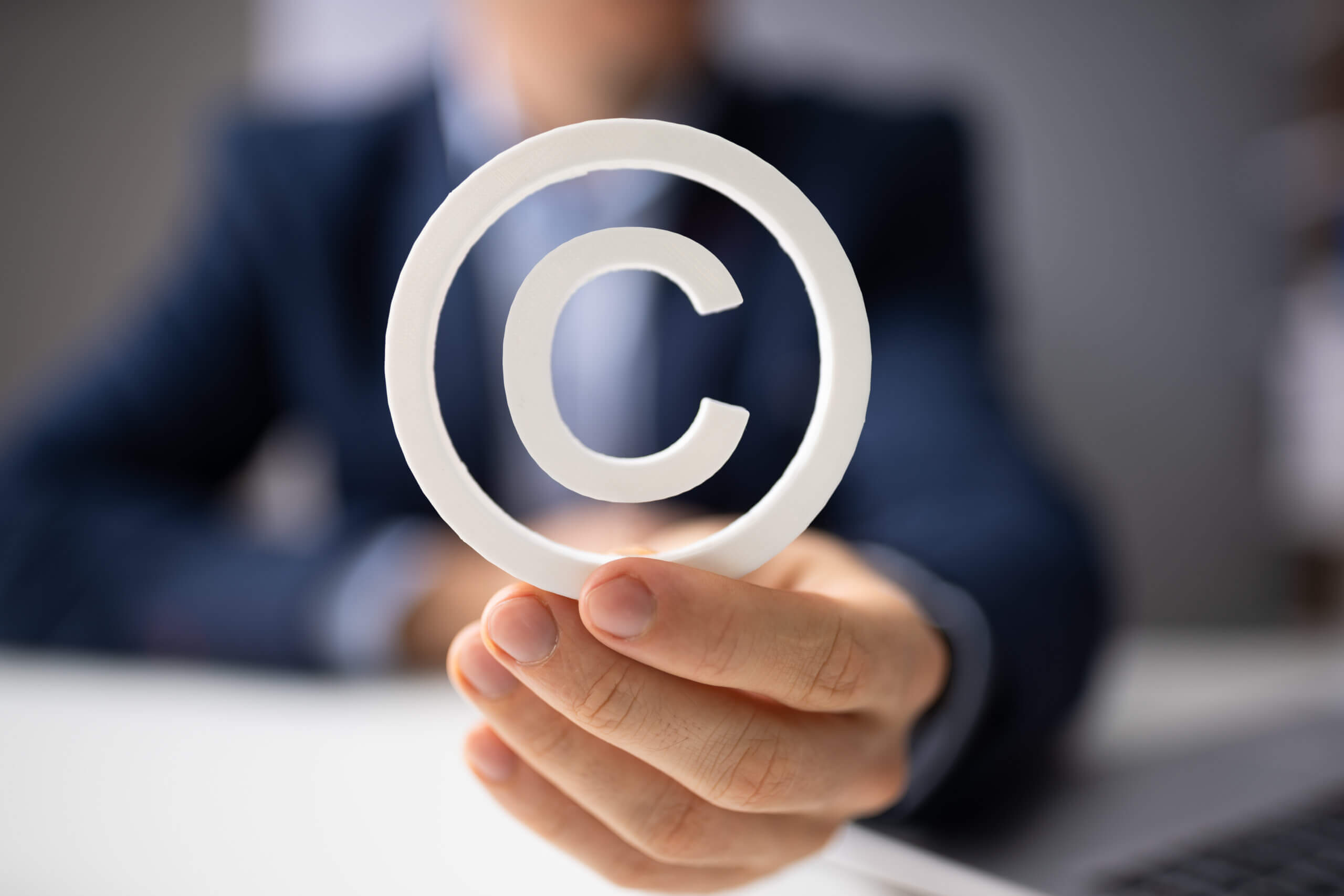What this is: On December 18, 2017, the U.S. Copyright Office (USCO) released a revised Document Cover Sheet (Form DCS) for use with copyright recordations. (USCO recordations can include transfers of copyright ownership such as assignments, mortgages, or any conveyance affecting copyright ownership.)
What this means: The USCO now requires the use of the new form, which is much longer and asks for more information than the previous version. Submissions using the older form will no longer be accepted.
Notable Changes and New Requirements
Frequent consultation with the USCO Public Information Office has helped to clarify the new requirements. Some of the most important new requirements that filers should be aware of include:
- Page numbers for the schedule of titles must be included in Section 3 of the cover sheet.
- Section 9 of the cover sheet requires the filer to indicate the conveyance type. Options include: Assignment, Exclusive License, Change of Address, Change of Name, Mortgage or Security Agreement and “Other”.
- All parties to the underlying document must be listed on the cover sheet in Section 11. The filer’s relationship to the parties must also be included. Additional pages may be added if there are multiple parties.
- The remitter is now clearly differentiated from the person or persons attesting to the document’s validity. The remitter may sign Section 12 and include his or her contact information. This directs the USCO to return the recorded copy to the remitter. The remitter can be the person delivering the filing to the USCO or the party who sends a courier to the USCO with the filing (contrary to the language on the form itself).
- Original “wet ink” signatures are no longer a requirement with the new form. In this case, a party to the document or their representative must sign Section 13 and check both boxes under the certification. (If two different parties are certifying each of the two types of certification, a copy of the last page of the form listing second party can be included with the submission.)

- For filers using a service company to hand-deliver filings to the USCO, this means that overnighting an original document is no longer necessary. Filings can be emailed to the service provider for same-day submission to USCO. Note, however, that the Copyright Office is still requiring remitters to submit hard copies, and will not themselves accept filings by email.
- In Sections 12 and 13, the remitter and the certifier must state their relationship to the parties in the document.

New Requirements for Submitting an Electronic Title List
In addition to the new Form DCS, the Copyright Office also changed their procedures for submitting an electronic schedule of the works (“titles”) affected by the filing. The major changes include:
- Providing an electronic title list (ETL) of properties affected is strongly encouraged for filings with more than 11 titles, but not required. If an electronic title list is included, filers must use the USCO’s template. The template and instructions can be found here.
- The ETL can be saved and submitted on a “compact disc, flash drive, or other digital storage medium approved by the Office”.
- To incentivize the use of an ETL, the USCO offers a discounted filing fee for filings with over 11 titles that include an electronic title list. The price break is quite significant for large title lists. For example, a filing affecting 1|000 titles would cost $3|605 without an ETL, but only $485 with one. The USCO recordation fee calculator is located here and includes an option for specifying whether an ETL is included:

Additional Changes May Be Coming
When these changes were initially rolled out, there was some confusion and misunderstandings. Hopefully, this post has clarified the new requirements. Keep in mind, however, that the USCO’s Public Information Office is still updating their procedures and processes so further changes may be forthcoming. We will continue to keep our readers informed of any significant changes.
Contact us to see our powerful propietary search engine in action.
This article is provided for informational purposes only and should not be considered, or relied upon, as legal advice.




Leave Us A Comment
Did you find this article useful? We'd love to hear your thoughts. Join the conversation by leaving a comment or question below.